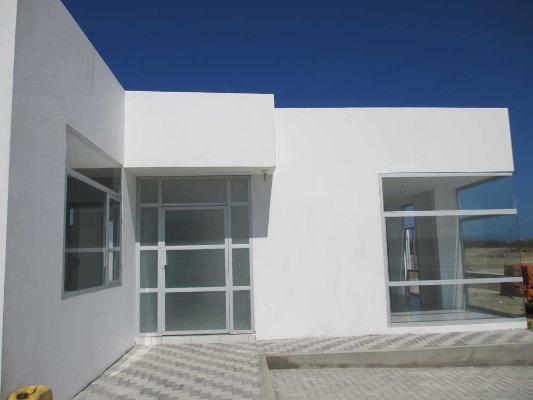Project to leave oil in the ground, to preserve Ecuador´s Yasuní wilderness area, reaches its first objective
An innovative Ecuadorean plan to leave more than 900 million barrels of crude oil untapped and beneath a pristine nature reserve, in exchange for international donations, has survived its first deadline, Ivonne Baki, the project coordinator told The Miami Herald.
The Yasuní-ITT initiative has met the initial goal of raising $100 million before year’s end, she said Monday.
In September, President Rafael Correa said the project was on the verge of failing and had only received $3 million to $4 million, most of it from a debt swap with Italy.
But Baki said Ecuador’s presentation before the United Nations, and an appeal for private sector donations, has been paying off.
Under the UN-backed project, Ecuador will leave the 772-square-mile ITT oil field untouched in perpetuity, if the international community covers at least 50 percent of the lost revenue. The project is designed to keep more than 407 million metric tons of carbon dioxide out of the atmosphere.
The country hopes to raise some $350 million per year over the next 12-13 years, Baki said.
When it was launched in 2010, the project was hailed as a novel approach to reducing carbon emissions. While Guatemala has mulled a similar scheme, the Yasuní-ITT remains the only initiative of its kind, Baki said.
The project is even more relevant now that the Kyoto Protocol — which was supposed to rein in global emissions — seems to be falling apart, she said.
“Everyone talks about reducing carbon emissions but nobody is doing it except Ecuador,” she said.
The ITT oil field is inside Yasuní National Park in eastern Ecuador along the Peruvian border. In September, a team of international scientists concluded that Yasuní had more mammal, bird, amphibian and plant species in a 100 square-mile area than any other spot in the hemisphere. The area is also thought to be the home of the Tagaeri and Taromenane, two of the world’s last tribes living in voluntary isolation.
“Yasuní is an international treasure — perhaps the biologically richest place on Earth,” Stuart Pimm, a professor of conservation ecology at Duke University, said at the time. “Its loss would be a tragedy for Ecuador and, indeed, peoples worldwide who celebrate the diversity of life.”
Credit: By Jim Wyss, Miami Herald, http://www.miamiherald.com/





















